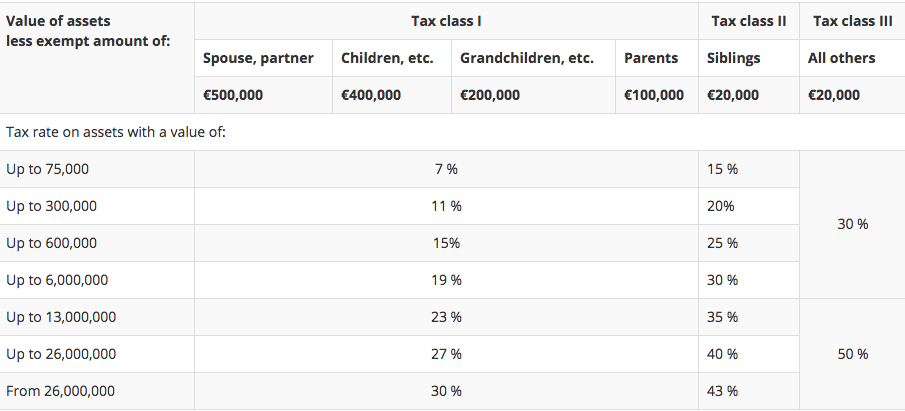Exploring Inheritance Tax: What You Need to Know

Introduction
Inheritance tax is a critical aspect of financial planning for many families in the UK. As life expectancy increases and property values rise, more individuals and families are finding themselves subjected to this tax. Understanding inheritance tax is essential not only for ensuring compliance with the law but also for effective estate planning. The UK government imposes this tax on estates when the value exceeds a certain threshold, which makes it increasingly relevant for a growing number of citizens.
What is Inheritance Tax?
Inheritance tax (IHT) is a tax on the estate of someone who has died. This includes the value of property, money, and possessions. In the UK, the standard rate of inheritance tax is 40%, payable on the value of an estate above the nil rate band, which is currently set at £325,000. Any estate valued below this threshold is exempt from IHT, allowing for strategic financial planning to benefit future generations.
Recent Changes and Current Landscape
Recent political discussions have surrounded inheritance tax rates and potential reforms. The government is examining ways to address the disparity that can arise from wealth distribution, particularly as housing prices continue to rise. Additionally, there’s scrutiny over how inheritance tax impacts smaller estates, with calls for increased exemptions aimed at easing the burden on average families. In 2022, estates valued up to £1 million can benefit from the residence nil-rate band, which further increases the threshold depending on certain conditions.
Planning for Inheritance Tax
Effective estate planning can mitigate potential inheritance tax liabilities. Strategies include gifting assets during one’s lifetime, establishing trusts, and making use of available reliefs and exemptions. Taxpayers are encouraged to seek professional advice to understand the intricacies of these strategies, as individual circumstances can greatly affect tax outcomes. The government’s guidelines on exemptions for charitable donations can also play a role in reducing taxable estate value.
Conclusion
In conclusion, inheritance tax remains a significant consideration for individuals and families in the UK. As the socio-economic landscape evolves, keeping abreast of legislative changes and understanding the tax implications on estates are crucial for effective financial management. The continuous discussions around potential reforms suggest that the topic will remain relevant in future years, prompting families to revisit their estate plans regularly to ensure they align with current laws and personal financial goals.









